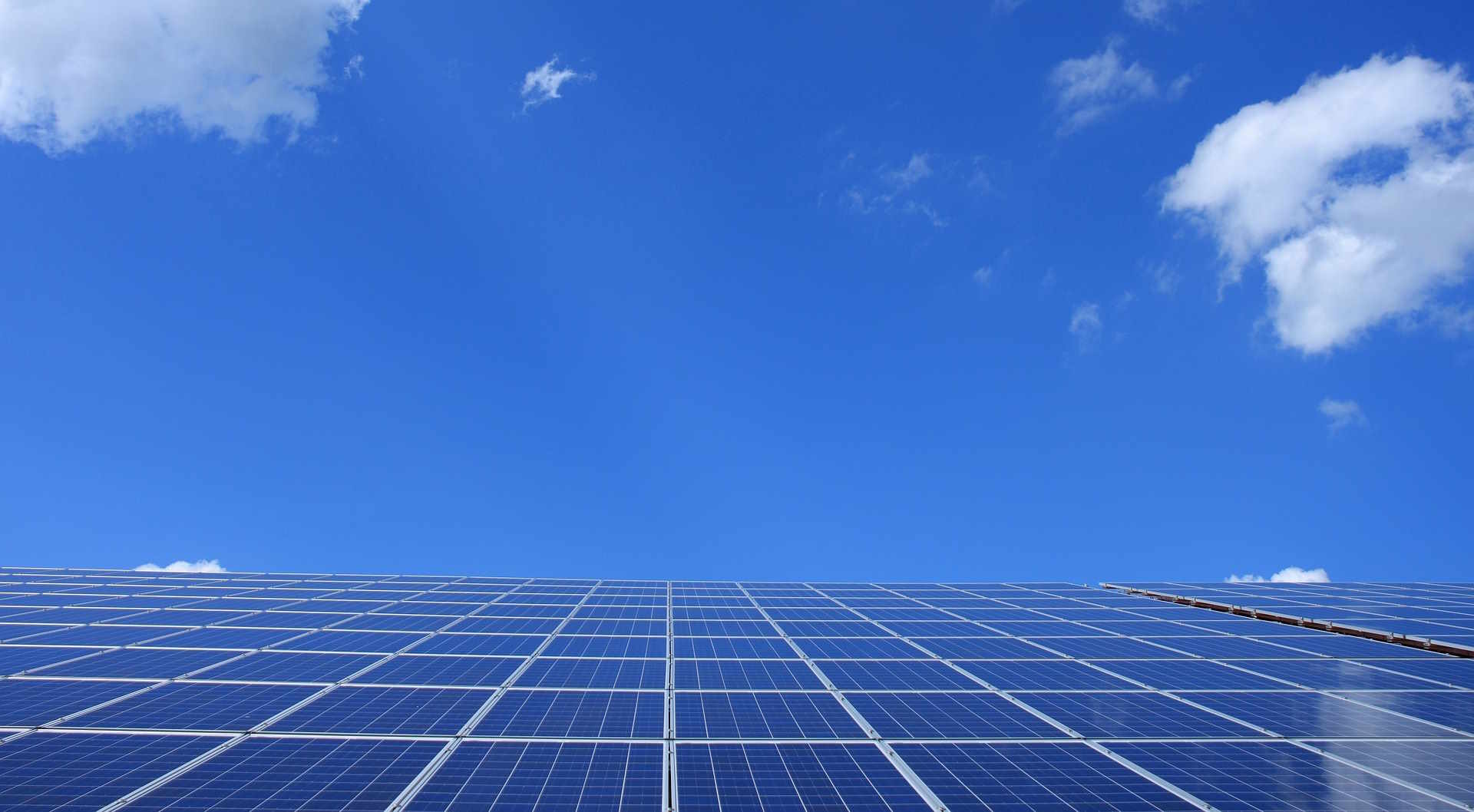Solar-Powered Air Conditioning: Cooling Your Home with Clean Energy
As temperatures rise and energy costs soar, homeowners are increasingly seeking efficient and eco-friendly cooling solutions. Solar-powered air conditioning systems offer an innovative approach to maintaining a comfortable home environment while reducing reliance on traditional energy sources. This article explores how solar air conditioners work, their benefits, and considerations for integrating this technology into your home.

What are the environmental benefits of solar air conditioning?
The primary environmental advantage of solar air conditioning is its use of clean, renewable energy. By relying on solar power, these systems significantly reduce greenhouse gas emissions associated with traditional air conditioners that depend on fossil fuel-generated electricity. This reduction in carbon footprint aligns with global efforts to combat climate change and promotes sustainable living practices. Additionally, solar air conditioners often use refrigerants with lower global warming potential, further minimizing their environmental impact.
Can solar air conditioning lead to energy savings?
One of the most appealing aspects of solar air conditioning is its potential for energy savings. By generating their own electricity, these systems can dramatically reduce or even eliminate the portion of your energy bill dedicated to cooling. Over time, this can result in substantial cost savings, especially in regions with high electricity rates or abundant sunshine. While the initial investment in solar air conditioning may be higher than traditional systems, the long-term savings on energy costs can make it a financially attractive option for many homeowners.
What types of solar air conditioning systems are available?
Solar air conditioning systems come in various configurations to suit different needs and home setups. The main types include:
-
Solar PV Air Conditioners: These systems use solar panels to generate electricity that powers a standard air conditioning unit.
-
Solar Thermal Air Conditioners: These utilize solar collectors to heat a refrigerant, which then drives the cooling process through an absorption chiller.
-
Hybrid Solar Air Conditioners: Combining solar power with grid electricity, these systems offer flexibility and reliability in varying weather conditions.
-
Solar-Assisted Heat Pumps: These units use solar energy to enhance the efficiency of heat pump systems for both heating and cooling.
What factors should be considered when installing solar air conditioning?
Before installing a solar air conditioning system, several factors need to be evaluated:
-
Climate and Solar Exposure: The efficiency of solar air conditioning depends heavily on your location’s climate and the amount of sunlight your property receives.
-
Home Energy Efficiency: Improving your home’s insulation and sealing can enhance the effectiveness of solar air conditioning.
-
System Size and Capacity: The size of the solar array and the cooling capacity of the air conditioner must be carefully matched to your home’s needs.
-
Installation Requirements: Proper installation by qualified professionals is crucial for optimal performance and safety.
-
Local Regulations and Incentives: Check for any local building codes, permits required, and available solar incentives or rebates.
How do solar air conditioners compare to traditional cooling systems?
| Feature | Solar Air Conditioners | Traditional Air Conditioners |
|---|---|---|
| Energy Source | Solar power (with grid backup) | Grid electricity |
| Environmental Impact | Low emissions | Higher emissions |
| Initial Cost | Higher | Lower |
| Operating Cost | Very low | Varies with electricity rates |
| Dependence on Weather | Moderate (with battery storage) | None |
| Maintenance | Solar panels and AC unit | AC unit only |
| Lifespan | 20-25 years (solar panels) | 10-15 years |
Prices, rates, or cost estimates mentioned in this article are based on the latest available information but may change over time. Independent research is advised before making financial decisions.
Solar-powered air conditioning represents a significant advancement in home cooling technology, offering a blend of environmental benefits and potential long-term cost savings. While the initial investment may be higher than traditional systems, the reduction in energy costs and environmental impact makes it an attractive option for homeowners looking to embrace sustainable living. As solar technology continues to evolve and become more accessible, we can expect to see wider adoption of these innovative cooling solutions in homes around the world.






